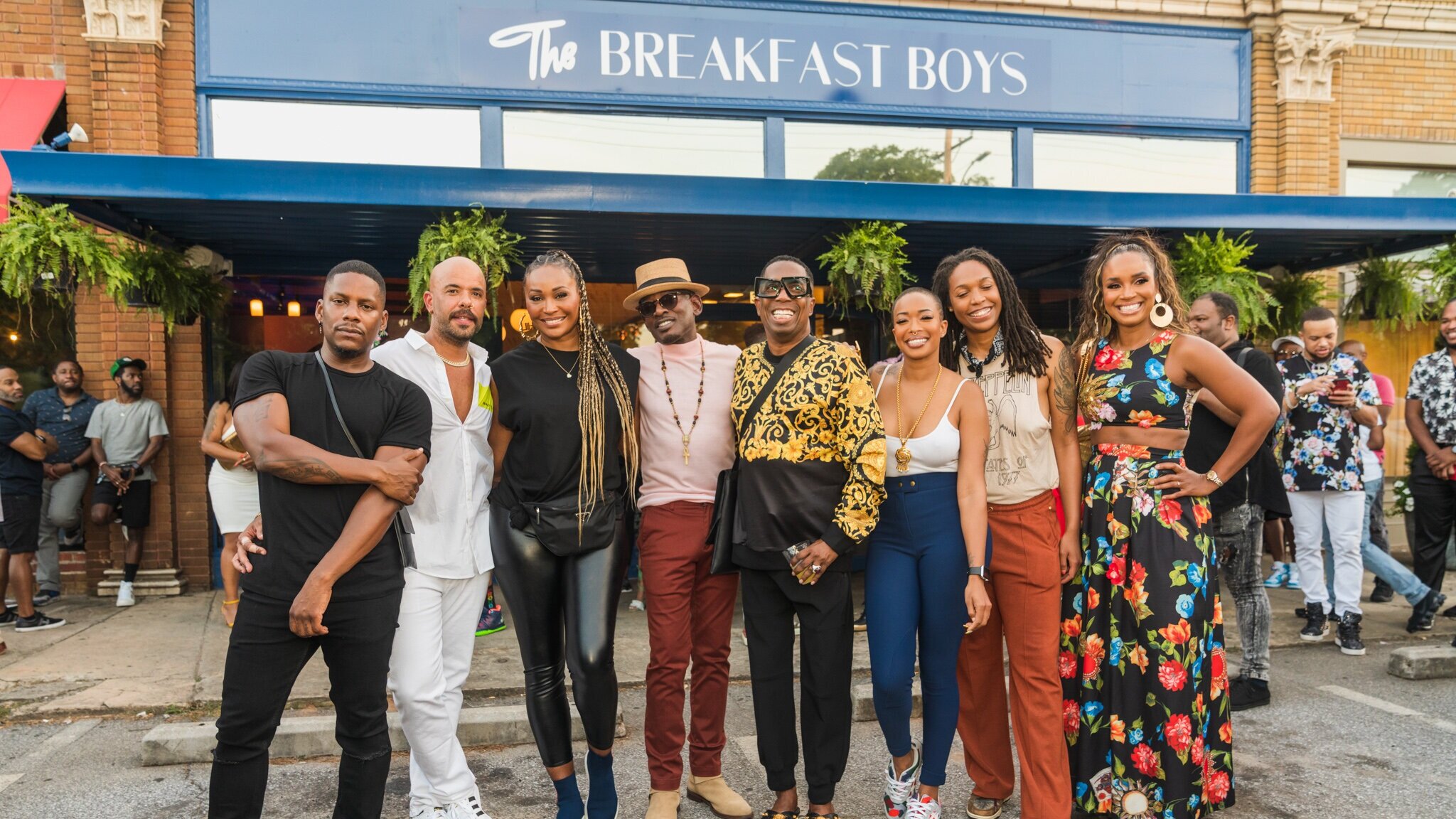‘What Cha Cookin Baby:’ LGBTQ Identical Twins Turn Setbacks Into Success with Popular Food Truck
In a food truck in Southwest Atlanta, identical twins Jada Grèmillion and Branden Louis, 31, are serving up crawfish beignets, cornbread waffles, chicken, and candied yams at What Cha Cooking Baby, a thriving to-go-order restaurant on wheels that infuses the culture of their native New Orleans with authentic creole recipes passed down from their late grandmother Betsy Ann Anderson. The business is the manifestation of a lifelong dream for the owners and chefs who first opened their food truck to the public in March 2021, after a series of personal and professional setbacks that threatened to derail their future.
“We’re the same person, we just live in different bodies,” said the openly gay Louis in a 2018 documentary where he describes life with his twin sister Grèmillion, a trans woman.
“When we were younger, people would always say, 'Oh, Branden is the boy twin and Jada is the girl twin,' Louis said. “And then, I would always think in my head, what do they see that I don't see?”
“I just knew something about me was always different,” Grèmillion said. “And I knew that I didn't wanna grow up to be an old man. I knew that was not my story.”
Grèmillion tells The Reckoning that she knew she was going to transition as early as age 14.





